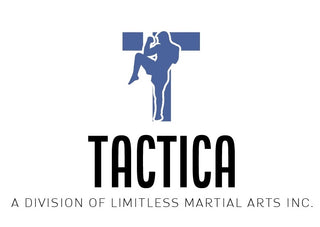How do your thoughts affect your Martial Arts Training and your Life?

When was the last time you thought about your thinking?
How much of your thinking is Positive? Negative?
That 'well-known neurologist' Willie Nelson said, "Once you replace negative thoughts with positive ones, you'll start having positive results." It turns out that this is true where your brain health is concerned.
Is negative thinking bad for your brain?
Scientists seem to think that it is. Researchers at King's College London found that repetitive negative thinking may increase your risk for Alzheimer's disease. Remember, at this time there is no cure for Alzheimer's, so this deserves your attention.
The study found that a habit of prolonged negative thinking diminishes your brain's ability to think, reason, and form memories. Essentially draining your brain's resources.
Another study reported in the journal American Academy of Neurology found that cynical thinking also produces a greater risk of dementia.
When you change your thinking, your life changes!

Remember, brains get good at what they do. Negative thoughts create 'channels' in your brain. This way of thinking can become your default. If you do a lot of negative thinking, you wire your brain to be good at producing negative thoughts. Your brain also gets good at seeing things to think negatively about.
One of the many byproducts of negative thinking is stress, which then leads to more negative thinking.
Here's a suggestion: When negative thoughts come, and they will, don't just ignore them.
Instead:
- Pay attention. Stop what you are doing. Close your eyes if you need to.
- Replace the negative thought with a positive thought.
- Hold the positive thought in your brain for a full minute, or more.
- To help create this habit, start every day with the mantra “Today is going to be a great day!”
- Be thankful throughout the day.
- When you go to bed, try to think about “What went well during the day”.
When you do this, neuroplasticity – the brain’s ability to reorganize itself by forming new neural connections – starts to work in your favor.
The two keys are attention density – the amount of attention paid to a particular mental experience over a specific time – and holding the thought long enough for your brain to begin to create new 'channels.'
In short, you become a sculptor of your brain.
Changing your habits of mind can change your life.
A good book to read on self-directed neuroplasticity is You Are Not Your Brain, by Jeffrey Schwartz.
Go for a whole week without complaining. Not even once. Log it. If you relapse, start your week over. Back to day one. Go for a week without complaining... and watch the people around you change.
Such is the power of mirror neurons. These neurons fire when we act in a certain way and when we observe the same action being performed by someone else. Your behavior – positive or negative – can influence how others behave.
"The color of the water is the color of its vase" Takamutsu Toshitsugu
If you need help getting started, speak with a life coach professional. They are key in helping athletes understand themselves, find what drives and motivates them, and discover what’s holding them back. You can find great tips from professionals like Miriam Guevara at MiriamGuevara.com.
Finally, come check us out at Limitless Martial Arts Inc.
We are the right school, the right program, the right team to help you succeed.


